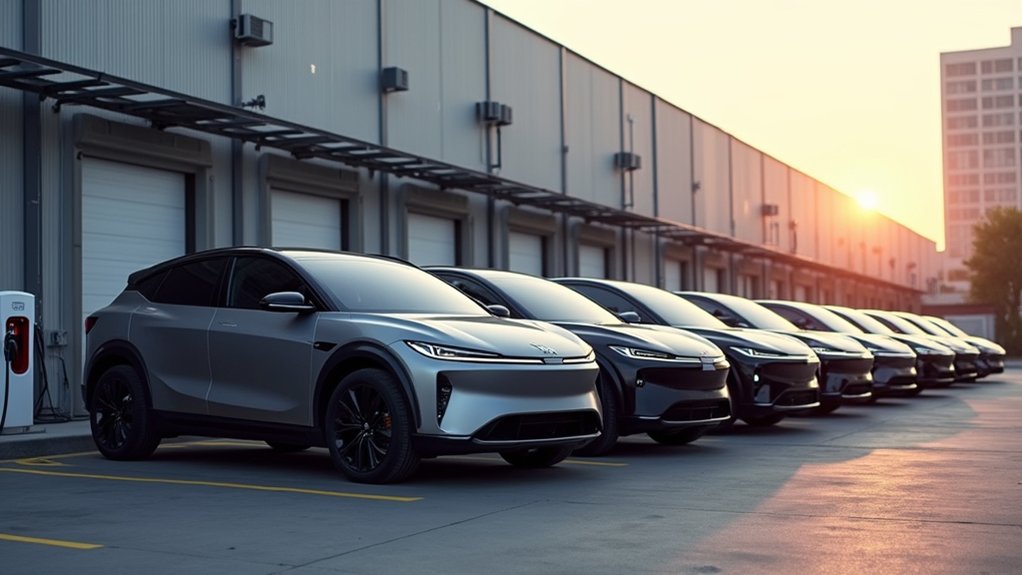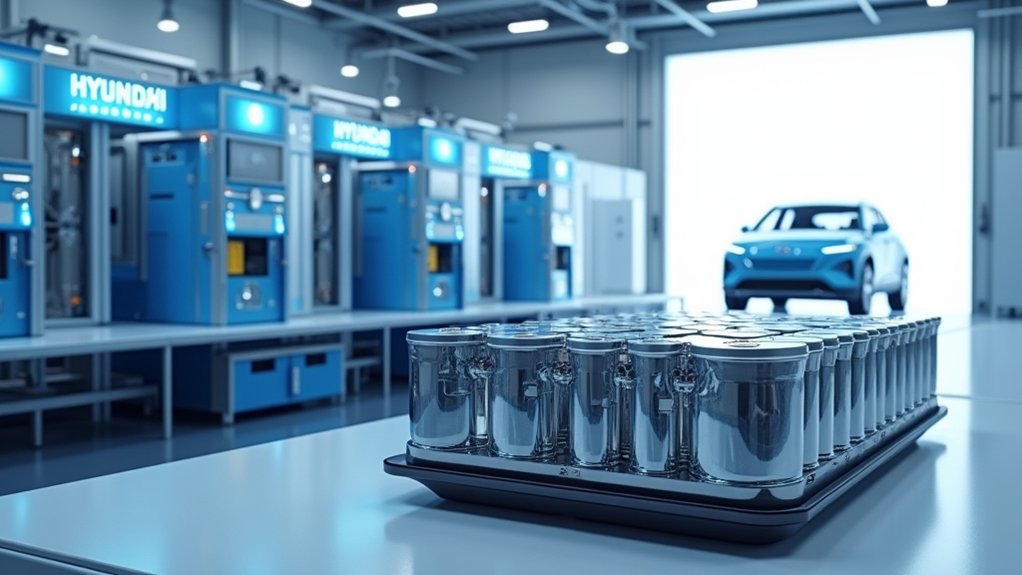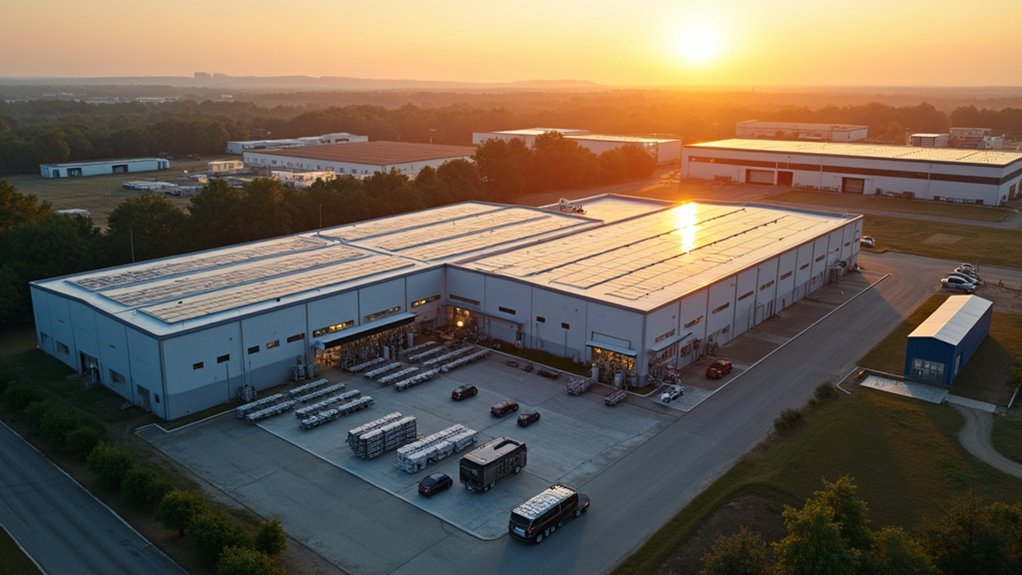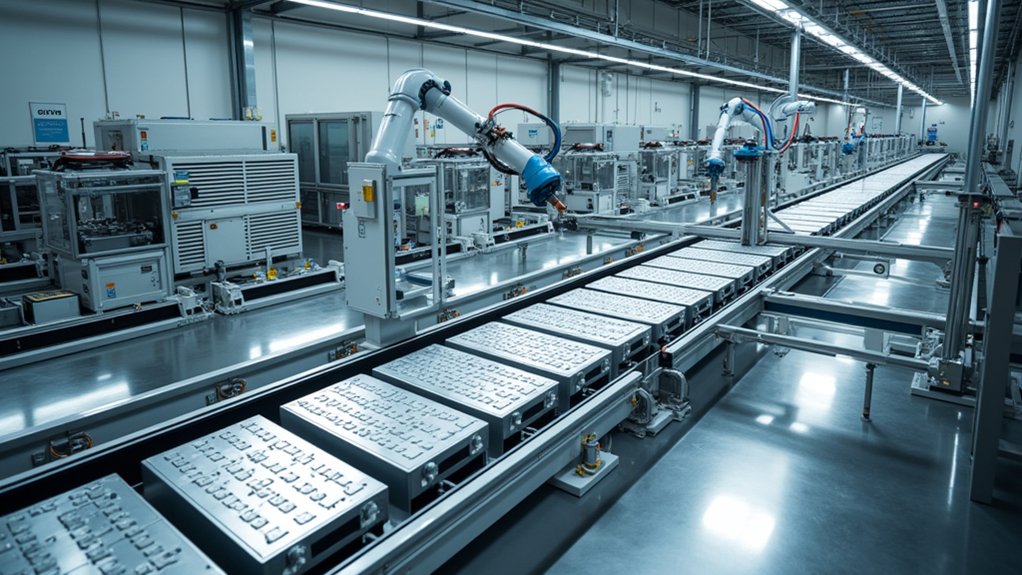As the UK accelerates its shift to sustainable transport, a landmark £1 billion investment in AESC’s new Sunderland gigafactory marks a pivotal development in Britain’s electric vehicle manufacturing landscape. The funding structure combines £680 million in loans backed by UK Export Finance guarantees and the National Wealth Fund, with participation from global banking giants including Standard Chartered, HSBC, and Société Générale. This financial architecture demonstrates remarkable confidence in Britain’s EV future.
The 12 GWh facility, set to produce batteries for up to 100,000 electric vehicles annually, represents a six-fold increase in the UK’s current battery cell output capacity. I’ve tracked battery development for years, and these next-generation cells offer one-third greater energy density, translating to meaningful improvements in vehicle range and efficiency. Such technological advances are critical for mainstream EV adoption.
Groundbreaking battery technology delivering enhanced range and efficiency—the cornerstone of mainstream electric vehicle adoption in Britain.
AESC’s expansion builds upon their established Sunderland operations, where they’ve maintained an impeccable safety record since launching Europe’s first EV battery factory in 2012. The gigafactory will create 1,000 skilled jobs initially, with potential expansion to 35 GWh capacity generating up to 4,500 green jobs by 2030. These aren’t merely employment statistics; they represent a transformative economic engine for the region.
The strategic implications extend beyond Sunderland. This investment strengthens supply chain localization, enhances UK manufacturing resilience, and should drive EV affordability through integrated production efficiencies. The facility’s design accommodates future expansion at the International Advanced Manufacturing Park spanning South Tyneside and Sunderland. The project also includes plans for second-life applications of EV batteries in grid storage systems, supporting the circular economy approach to battery sustainability.
Announced in May 2025, with £150 million support from the Automotive Transformation Fund, this project addresses a critical component shortage that has hampered British EV production. The recent UK-US trade agreement significantly reduces tariffs on British car exports from 27.5% to 10%, further strengthening the economic case for domestic EV production. The investment is also a key part of the Government’s Plan for Change aimed at bolstering industrial heartlands across the UK. While ambitious, the investment timeline aligns with accelerating consumer demand for electric vehicles.
The gigafactory positions the UK as a serious contender in the global race for battery manufacturing supremacy, though catching industry leaders will require sustained investment and innovation. Britain’s electric future now has a more solid foundation.








